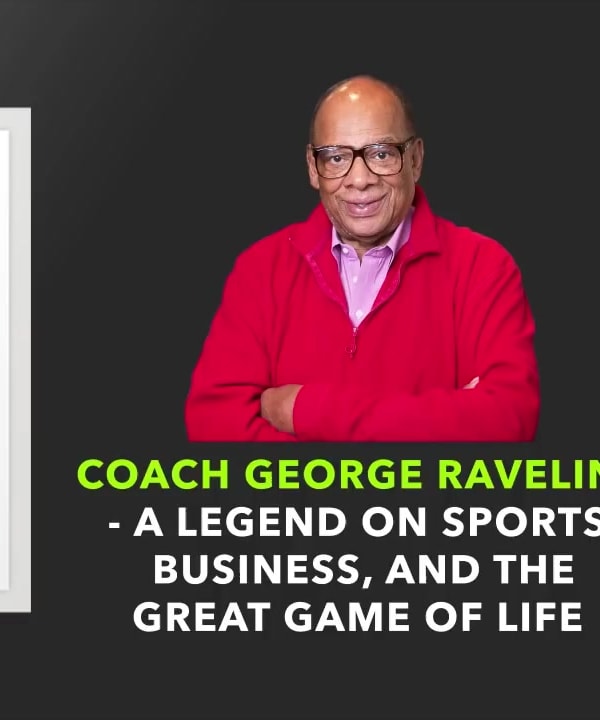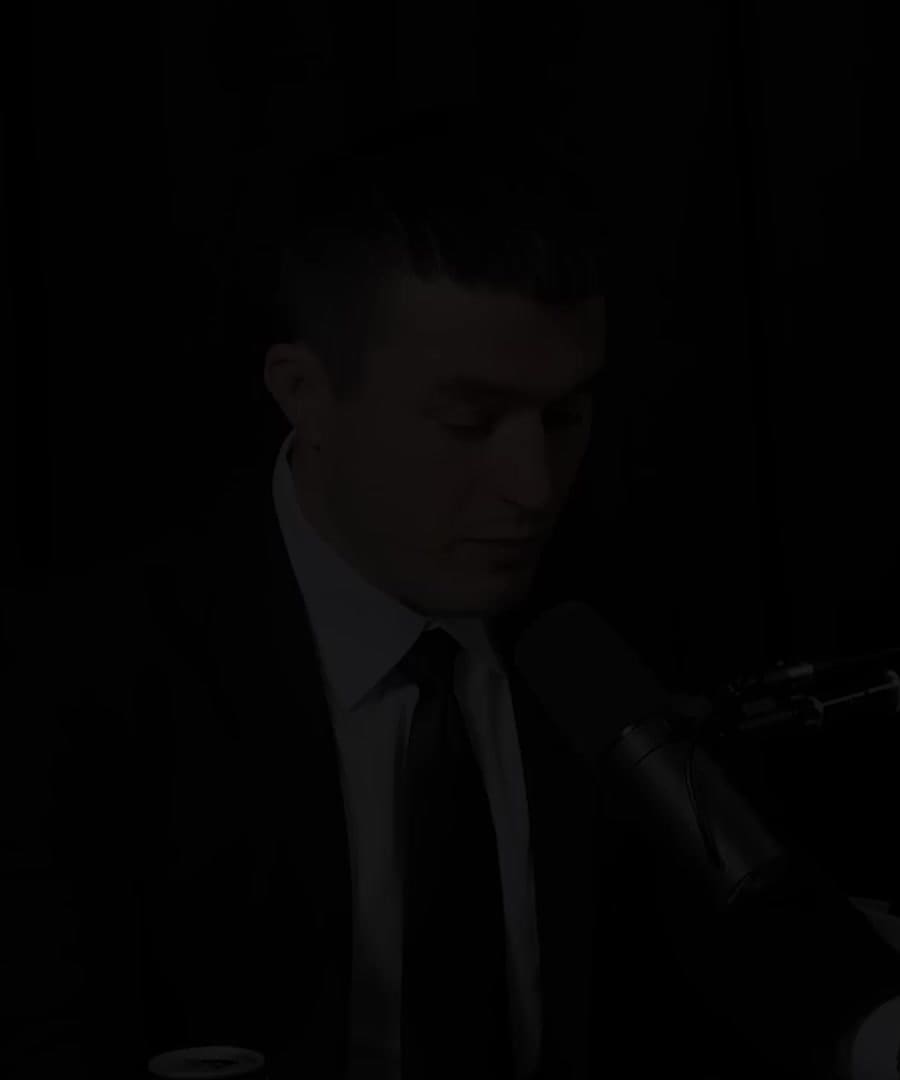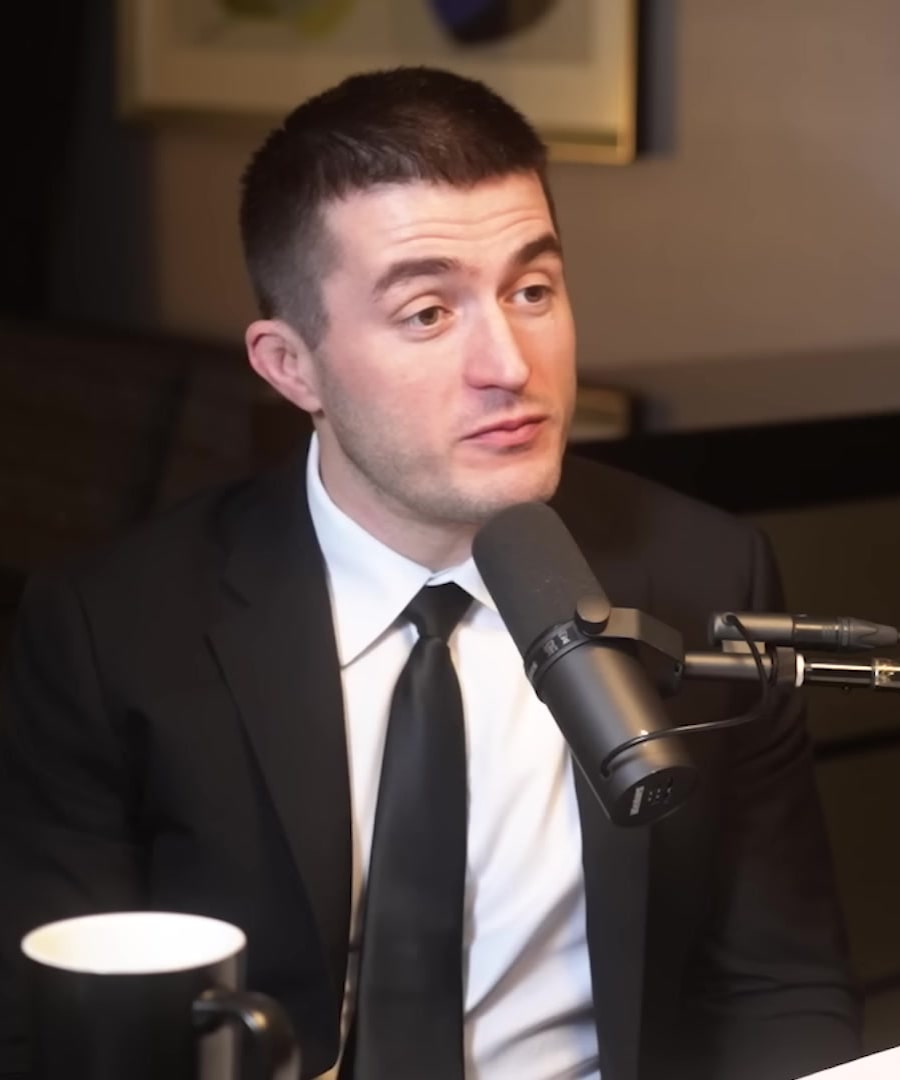I Have a Dream
Sources:
Here are some key insights and discussions from various experts about Martin Luther King Jr.'s iconic "I Have a Dream" speech:
-
Historical Context:
- Coach George Raveling recounts his experience at the March on Washington, noting that King ad-libbed the "I Have a Dream" segment at the encouragement of Mahalia Jackson. King was the only speaker who exceeded the five-minute limit set for the event, and this part of the speech was not originally scripted 1.
-
Impact and Legacy:
- John Hopkins and Lerone A. Martin discuss the broad and lasting impact of the speech. Hopkins highlights how the spontaneous addition of the "I Have a Dream" segment electrified the audience and cemented the speech in history. Martin notes the FBI's immediate reaction to discredit King following the speech, deeming him the most dangerous African American in the country at that time 2 3.
-
Later Radicalization:
- Dominic Sandbrook and Tom Holland discuss how King's message evolved post-1963, becoming more radical and encompassing issues like economic justice and opposition to the Vietnam War. They argue that the emphasis on the "I Have a Dream" speech tends to sanitize and simplify his broader, more confrontational body of work 4.
-
Speech's Deeper Meanings:
- Glenn Loury and Lex Fridman reflect on the speech's call for equality and the end of racial segregation. Loury contextualizes King's vision as not just legal freedom but also social equality and full citizenship for African Americans 5.
-
Enduring Optimism:
- Randall Kennedy expresses admiration for the speech, despite its overexposure in mainstream media and corporate contexts. He underscores the enduring sentiment of hope and equality that King's words inspire and aligns himself with King's vision of multiracial unity and justice 6.
These insights depict the multifaceted impact of King's speech and the broader context in which it was delivered and received.
RELATED QUESTIONS-


